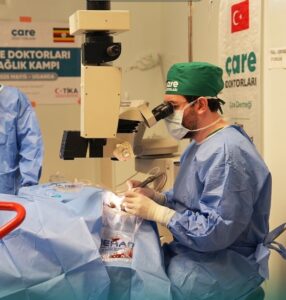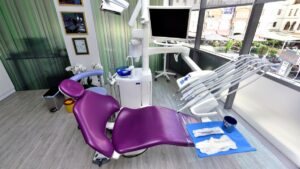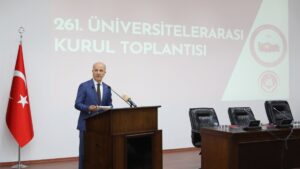Transport and Infrastructure Minister Abdulkadir Uraloğlu announced that 31 high-speed train sets operated by TCDD Taşımacılık have been cleaned in preparation for Qurban Bayram, also known as Eid al-Adha.
In a written statement, Uraloğlu stated that the cleaning was conducted as part of the project titled “Protect Your Loved Ones – Public Hygiene Awareness.” Highlighting the increase in passenger traffic during the holiday period, he emphasized, “Maintaining hygiene in public transportation is not only a matter of comfort, but a necessity directly related to public health.”
Uraloğlu added that achieving a cleaner environment depends on individuals adopting good hygiene and cleanliness habits in their daily lives. “We aim to raise awareness about public hygiene and elevate the overall level of social consciousness,” he said.
The minister explained that the project originated from the “Public and Household Hygiene Habits Research,” which surveyed 750 people aged 15 and older across Türkiye. The research explored a range of issues, from public transportation expectations to hygiene behaviors before and after the COVID-19 pandemic, as well as public perceptions of rules in shared spaces.
Citing the findings, Uraloğlu said participants reported using urban public transportation an average of three to four times per week, and intercity transportation one to two times per month.
“According to the results,” he stated, “municipal buses are the most commonly used mode of public transportation at 81%, followed by subways at 65%, minibuses and shared taxis at 63%, metrobus at 41%, trains at 33% and ferries at 25%.”
Only 29% of respondents believe that passengers sufficiently observe hygiene rules on public transportation, while one in two people consider hygiene in public transport to be of critical importance. Despite this high level of awareness, seven out of 10 respondents feel that public transport vehicles are not hygienic enough.
Uraloğlu emphasized that the study reveals a strong public demand for better hygiene standards in shared spaces. “With our high-speed trains serving approximately 35,000 citizens per day, this awareness campaign is not just about providing a cleaner travel environment – it’s also about informing passengers that hygiene is a collective responsibility,” he said.
He added that cleaning protocols across 31 high-speed trains have been updated. “We view this not merely as a cleaning service, but as a contribution to the formation of a sustainable culture of hygiene, which we consider a responsibility.”




















































Be First to Comment